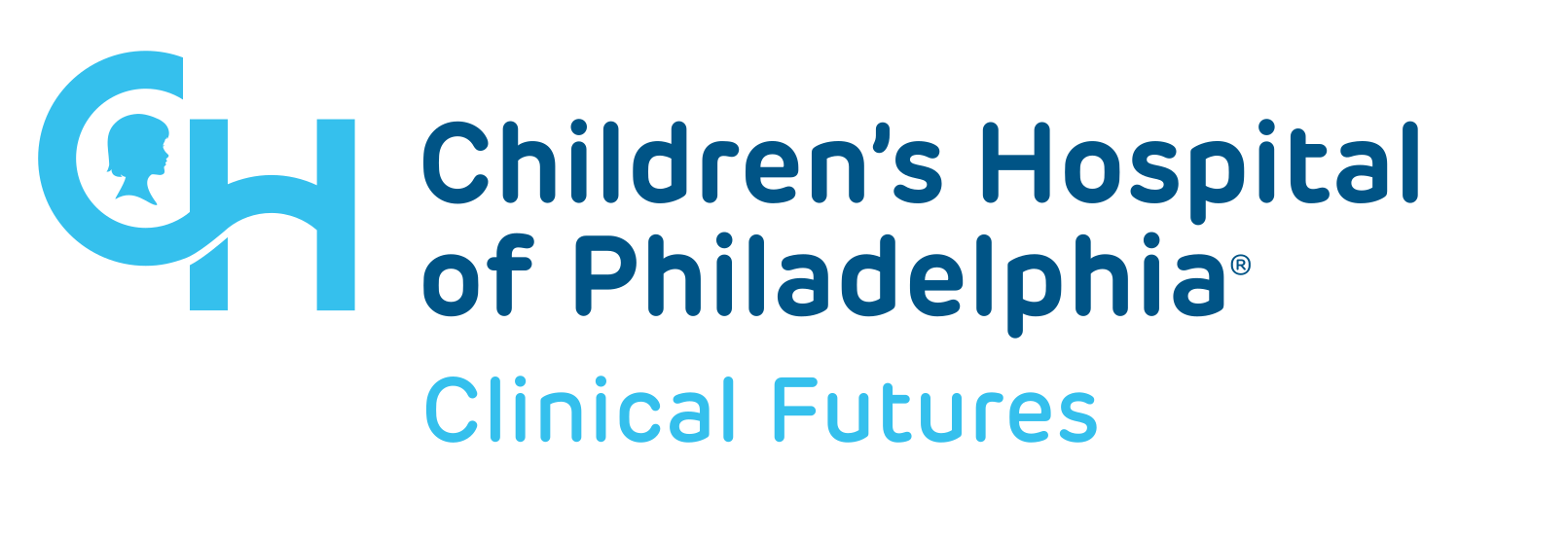Research In Practice Blog
Breadcrumb

The Role of Family Support in Moderating Mental Health Outcomes for LGBTQ+ Youth in Primary Care
Intro
LGBTQ+ Adolescents experience more significant negative mental health outcomes. Many must navigate social stigma and rejection, and recent surveillance data revealed that fewer than 40% found their homes to be LGBTQ-affirming.
Evidence has demonstrated that family support does affect the mental health outcomes of LGBTQ+ youth, so a team of clinical researchers explored whether family support has an impact on mental health outcomes. A data-driven investigation was conducted to assess whether positive family support mitigates the risk of depressive symptoms and suicidality in this population and to frame an understanding of how related primary care interventions could help affect change.
Study design & findings
In this cross-sectional study of adolescents attending well visits in the Philadelphia region, researchers analyzed self-reported information from 9,885 LGBTQ+ respondents and 50,690 cisgender heterosexual respondents who completed the Adolescent Health Questionnaire (from Clinical Futures’ The Possibilities Project) and the Patient Health Questionanaire-9 Modified for Teens health-screeners. Data analyzed included measures relating to depressive symptoms, suicide (ideation and attempts), and family supports (e.g., strengths acknowledgement, affection, communication).
LGBTQ+ youth reported higher prevalence of both suicidal ideation and prior suicide attempts, and fewer LGBTQ+ youth reported parental support through discussion of strengths and listening to feelings.
Additionally, it was found that presence of family support mitigated negative health outcomes. Youth who reported presence of family support had lowered predicted odds ratios of suicidal ideation and attempt and lower predicted PHQ-9-M score. The effect sizes were larger for LGBTQ+ youth than cis-gender, heterosexual youth.
Implications
Pediatricians need training and evidence-based brief interventions to help address the inequities in mental health outcomes seen by LGBTQ+ youth. This study begins to build the evidence base for primary care interventions to improve the mental health of LGBTQ+ youth by enhancing family support and expounds upon clinical knowledge of mental health risks for this population.
The researchers call for further investigation of (1) the protective effect of family support, (2) culturally-tailored, brief primary care interventions for LGBTQ+ youth to reduce risk and decrease mental health inequities, and (3) collaboration between pediatricians and behavioral health providers.
Actionable Insights:
- Clinical: Initiate practice tools like the AHQ to identify risks including self-reported LGBTQ+ status and to identify operational strengths of the teen and their family to build upon for conversation and intervention. Note that the increased risk of negative mental health outcomes among LGBTQ+ youth is not due to their sexual orientation or gender identity. Rather, it is the result of minority stress, interpersonal, communal, and systemic bias and discrimination, high rates of victimization, and violence experienced by these youth.
- Research: Investigate how primary care interventions can enhance family support for LGBTQ+ kids. Investigate how pediatricians should be trained to provide culturally humble and LGBTQ+ affirming care.
- Advocacy/Policy: Enact policies and guidelines that support fairly reimbursing extended primary care visits and use of pre-visit EHR-embedded adolescent health screeners.
Information & Resources
CHOP News Release- Children’s Hospital of Philadelphia Researchers Find Parent and Caregiver Support Linked to Decreased Depression and Suicidal Thoughts in LGBTQ+ and non-LGBTQ+ Youth
Related Clinical Futures Research in Practice Blog Post- Accelerating Innovation in Primary Care to Support Adolescent Health Discussions summary
Clinical Futures author(s):
Joseph Whelihan, MD; Jungwon Min, PhD; Maura Powell, MPH, MBA; Gabrielle DiFiore, MPH; Molly Davis, PhD; Alexander G. Fiks, MD, MSCE; Brian P. Jenssen, MD, MSHP; Sarah Wood, MD, MSHP
Additional study author(s) from Children’s Hospital of Philadelphia:
Scott Jelinek, MD, MPH; Karen T. G. Schwartz, PhD; Jason D. Jones, PhD
